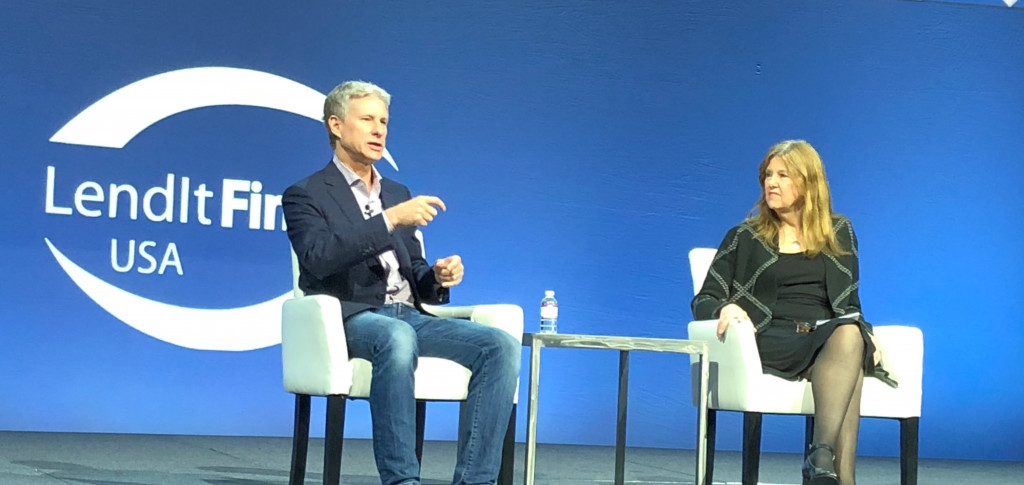Class Action Lawsuit Filed Against Ripple For Sale of Unregistered Securities

Ripple’s digital token XRP is a security, a class action lawsuit filed in the Superior Court of California contends. The 32-page complaint brought by XRP investor Ryan Coffey, says the defendants, who include Ripple CEO Brad Garlinghouse, engaged in the sale of unregistered securities, highlighting that they earned over $342.8 million through XRP sales in the last year alone, securities that were created out of thin air.
“Defendants have since earned massive profits by quietly selling off this XRP to the general public, in what is essentially a never-ending initial coin offering (“ICO”). Like the better known initial public offering (“IPO”), in an ICO, digital assets are sold to consumers in exchange for legal tender or cryptocurrencies (most often Bitcoin and Ethereum). These tokens generally give the purchaser various rights on the blockchain network and resemble the shares of a company sold to investors in an IPO. Unfortunately, these ICOs have become a magnet for unscrupulous practices and fraud.”
The complaint alleges that Ripple executives have engaged in pumping schemes meant to increase the price of XRP through attempted bribes, rumors they’ve started, and hype on social media.
The attorney representing the lead plaintiff, James Taylor-Copeland, is no stranger to cryptocurrency. His twitter username is @TCryptoLaw and he runs the website cryptolaw.net.
At LendIt Fintech last month, Ripple co-founder & chairman Chris Larsen said that the company was anti-ICO. “I think it’s a bad thing to get involved with from the founder’s perspective,” he said on stage during an interview with Jo Ann Barefoot, “because, you know, if you’re a founder and you can raise money many ways today, do you really want to do something where you’re going to have the SEC, you know, kind of threat hanging over your head for 10 years with strict liability? You just don’t want that. You know, that’s a problem.”
